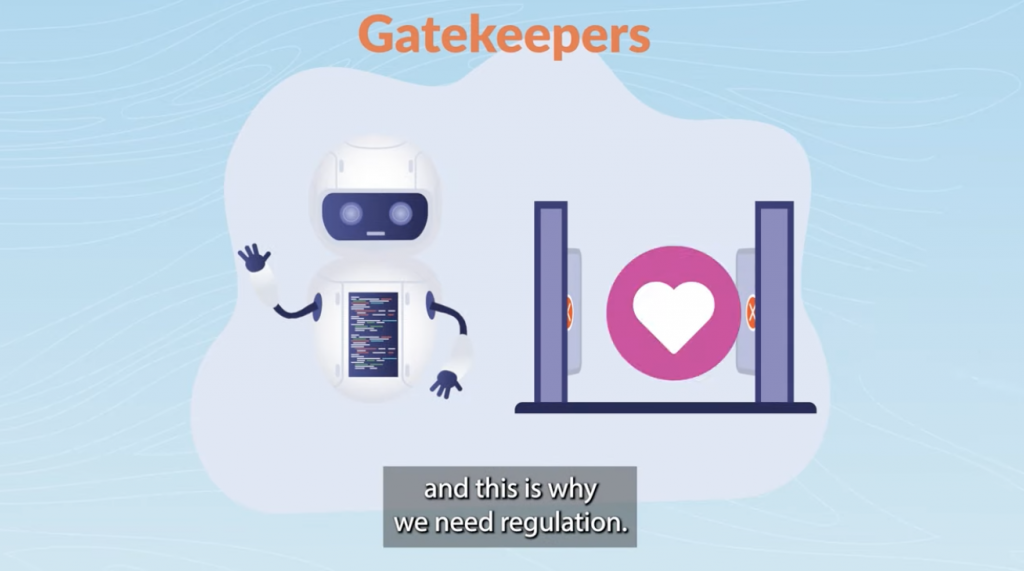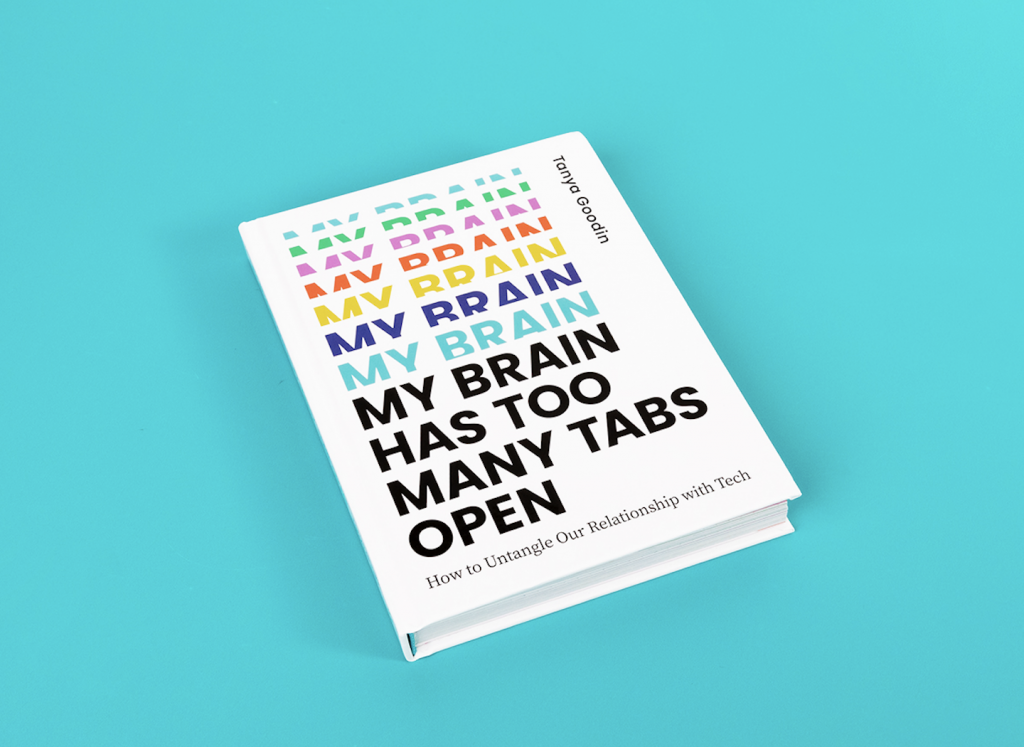The EU’s Digital Markets Act (DMA) comes into force today (1st November), aiming to break open the walled gardens of Big Tech. And, just like the EU’s digital privacy law, GDPR before it, the DMA is expected to lead to global changes in how tech platforms serve internet users beyond the EU, because some details of compliance with the Act will be more easily implemented globally.
The DMA will be joined fairly shortly by the Digital Services Act, which requires risk assessments of algorithms and disclosures about automated decision making, and could force apps like TikTok to open their data to outside scrutiny. That law will be implemented in stages, with the largest online platforms expected to have to comply in mid-2024.
The EU is also considering passing specific rules for artificial intelligence, which could ban some uses of the technology – a suite of Acts which should leave Big Tech in no doubt that the EU is aiming its regulatory guns fully at them.
”The key message is that negotiations are over, we’re in a compliance situation. You may not like it, but that’s the way it is.”
Gerard de Graaf, EU official
Role of the ‘Gatekeepers’ in the Digital Markets Act
The DMA is specifically targeting the largest companies defined by the EU as ‘gatekeepers’. Gatekeepers are the largest digital platforms providing ‘core’ platform services, such as online search engines (e.g Google), app stores (e.g Apple) and messenger services (e.g Meta). Gatekeepers will have to comply with a series of do’s (obligations) and don’ts (prohibitions) listed in the DMA.
The EU expects that about a dozen companies will be in the initial gatekeeper group, to be announced next spring. Those gatekeepers will then have six months to come into compliance with the Act.

‘Do’s of the Digital Markets Act
The gatekeeper companies defined by the Act must now:
- Allow third parties to inter-operate with their own services in certain specific situations.
- Allow their business users to access the data that they generate in their use of the gatekeeper’s platform.
- Provide companies advertising on their platform with the tools and information necessary for advertisers and publishers to carry out their own independent verification of their advertisements hosted by the gatekeeper.
- Allow their business users to promote their offer and conclude contracts with their customers outside the gatekeeper’s platform.
‘Dont’s of the Digital Markets Act
Gatekeeper companies may no longer:
- Treat services and products offered by the gatekeeper itself more favourably in ranking than similar services or products offered by third parties on the gatekeeper’s platform.
- Prevent consumers from linking up to businesses outside their platforms.
- Prevent users from un-installing any pre-installed software or app if they wish so.
- Track end users outside of the gatekeepers’ core platform service for the purpose of targeted advertising, without effective consent having been granted.
On the day the Act came into effect, Spotify was demanding that Apple be investigated for blocking updates to its audiobooks streaming service, claiming that the company is ‘choking competition’ with its App store rules – exactly the type of restrictive practice that the EU is aiming the DMA at.
Consequences
The consequences of non-compliance with the Digital Markets Act for Big Tech are significant. Fines of up to 10% of the company’s total worldwide annual turnover, or up to 20% in the event of repeated infringements and periodic penalty payments of up to 5% of the average daily turnover.
The EU expect a wave of lawsuits from Big Tech in challenging the DMA when it comes into force but it has shown its mettle before by levying huge fines against Alphabet, Apple and others. Big Tech should be in no doubt that the EU is intent on challenging market dominance and opening up the digital arena to competition – something that can only be good news for consumers.

For more about living in the online world and how to be a good digital citizen – pick up a copy of my new book.
